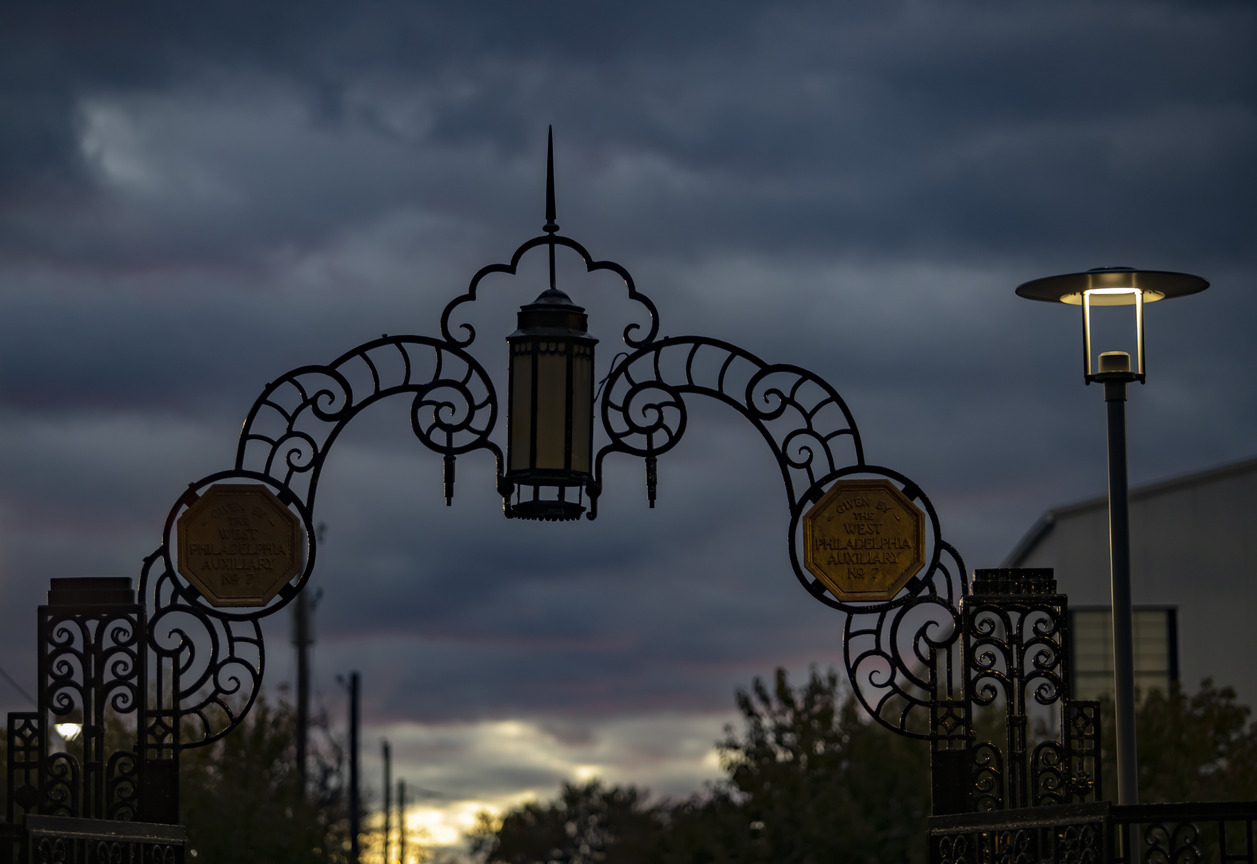It was 4:55 a.m. when the door bell rang. Who could it be at this hour? I looked out and saw him – crying, shivering in 20 degree cold, he waited. And when I opened the inner door he backed away, raised his hands in the air, and kneeled down. To tell me he was lost and needed directions. That he approached my home because the living room light was on and the computer screen, with me at it, visible. Kneeling, like a soldier surrendering to their captors.
Growing up in the era of Ozzie and Harriet, Leave it to Beaver, and My Three Sons, this was not the image of how someone sought help. The goofy or errant teenager could still turn to a neighbor, not fearing violence but perhaps expecting a stern headshake, and then having an arm put around his shoulders and taken to the kitchen for a warm drink, some fatherly advice, and a ride home.
That is what my son could expect, even decades later. A neighbor – even a stranger neighbor – who would not turn their back, keep the door closed, or respond with threats and violence. Not feeling the need to kneel and expose both hands – see, there is no weapon – either to show me I had nothing to fear despite the color of his skin or because he was worried for his own life. Because he was black.
I begged him to stand up. From there, the conversation was ordinary and expected. He had been drinking with friends, decided to walk to his home, and got tangled up and disoriented in the side streets of Elkins Park. When I responded “give me a minute, I’ll get dressed and drive you wherever you need to go,” his relief was palpable. This would not end badly; he would not be hurt; it was safe.
I drove “T” to where he requested – an intersection just a mile or two away. The conversation was ordinary – a high school dropout, he was now working at a restaurant. And then music. When he told me he was into jazz drumming my interest grew. He named a contemporary artist who I was unfamiliar with so I pressed him for someone from classic jazz who he admired – and his response was “Buddy Rich.” Not an Ellington drummer, not Art Blakey or Kenny Clarke or Tony Williams. Rich, the white swing drummer. I told him to check out Max Roach’s classic all-percussion recording M’Boom and of course out came the cell phone for the inevitable web search. All completely ordinary.
With COVID in mind, we bumped fists and no more as T left my car. I went home both shaken and relieved. T was safe; but it could not leave my mind that, in 2022, a young man had to kneel with hands raised before asking for directions and aid. This was not the land of Ozzie or of Ward Cleaver.


